Translating Science Into Practice: The Perspective of the Doha 2019 IAAF World Championships in the Heat
Résumé
Hot and humid ambient conditions may play a major role during the endurance events of the 2019 IAAF world championships, the 2020 summer Olympics and many other sports events. Here, various countermeasures with scientific evidence are put in perspective of their practical application. This manuscript is not a comprehensive review, but rather a set of applied recommendations built upon sound scientific reasoning and experience with elite athletes. The primary recommendation for an athlete who will be competing in the heat, will be to train in the heat. This acclimatization phase should last for 2 weeks and be programmed to accommodate the taper and travel requirements. Despite extensive laboratory-based research, hydration strategies within athletics are generally dictated by the race characteristics. The main opportunities for hydration are during the preparation and recovery phases. In competition, depending on thirst, feeling, and energy requirements, water may be ingested or poured. The athletes should also adapt their warm-up routines to the environmental conditions, as it may do more harm than good. Avoiding harm includes limiting unnecessary heat exposure before the event, warming-up with cooling aids such as ice-vest or cold/iced drinks, and avoiding clothing or accessories limiting sweat evaporation. From a medical perspective, exertional heat stroke should be considered immediately when an athlete collapses or struggles during exercise in the heat with central nervous system disorders. Once a rectal temperature >40.5 • C is confirmed, cooling (via cold water immersion) should be undertaken as soon as possible (cool first/transport second).
Origine : Fichiers éditeurs autorisés sur une archive ouverte
Loading...


